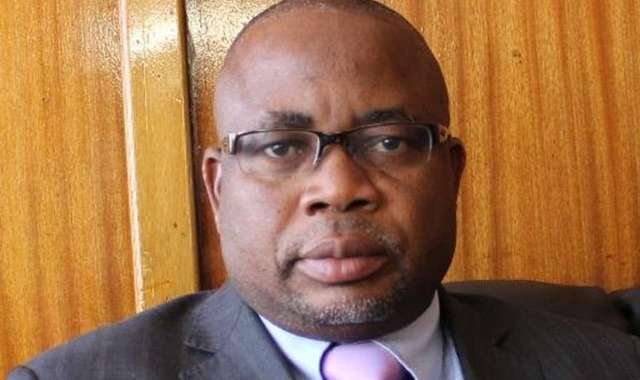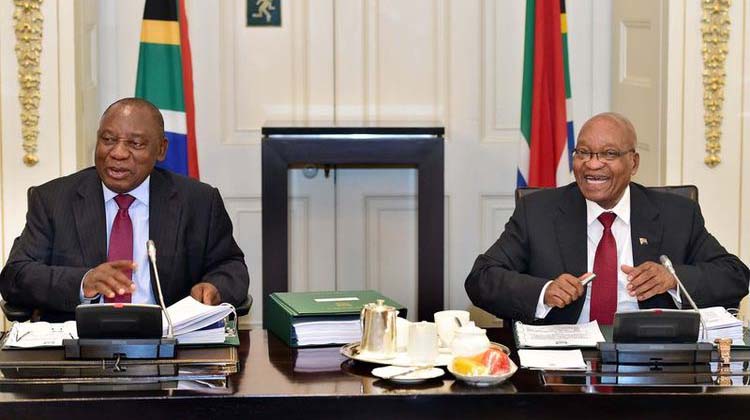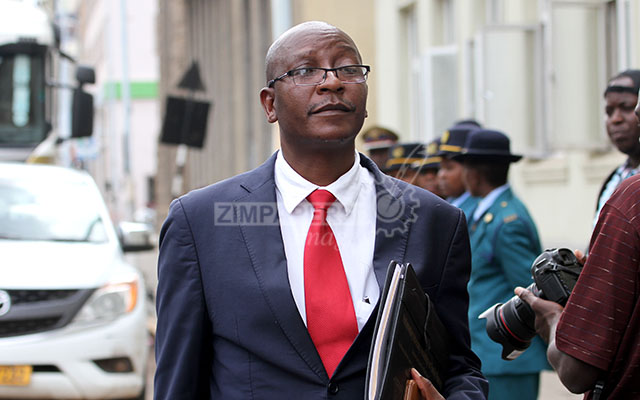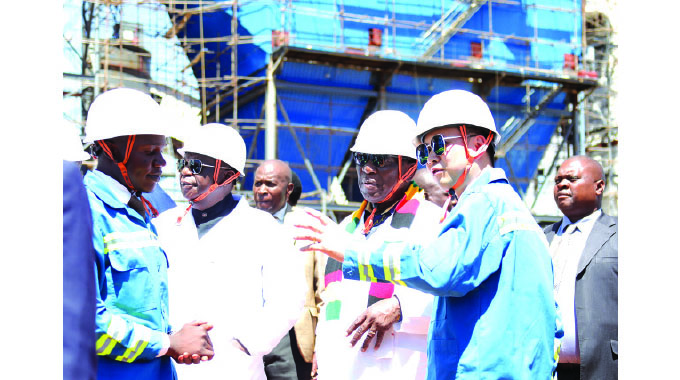EDITORIAL COMMENT: Security, integrity of exam system critical

We report elsewhere in today’s edition that Primary and Secondary Education Minister Professor Paul Mavima has directed that candidates who sat for November 2017 Zimbabwe School Examinations Council (ZIMSEC)’s Ordinary Level English Paper 2 Examination should rewrite the paper next Friday.
This follows the exposure of malpractices that may have compromised the standing of results. The ministry’s decision is a bold one, and one that we understand took place after careful consideration, otherwise, the anomalies would have been allowed to stand. But the ministry stepped in to ensure the integrity of the system and it will come at a huge price.
The levels of inconvenience and the cost implications are huge: students are being recalled from home and beyond and they have to travel to their schools; parents are being forced into contingencies for children whose centres are out of town or for children who may be away from home or out of the country.
Schools are being asked to provide for the temporary returnees and commit to accommodate learners, including feeding and housing them overnight in some instances and staff will be needed to coordinate and oversee the re-examination.
The process is going to be cumbersome. The week-long period to the exam date may actually be short for full measures to be made for this contingency. But it has to be done. Actually, at this time results for the November 2017 exams should have been coming out and enable successful learners to proceed to A’ Level.
That has to wait a bit now. While we applaud the ministry for taking the bold step, we urge them to ensure that exam systems are immune to leaks and malpractices that could undermine the integrity of the result.
It will not be every year that we can afford this. It therefore means that authorities must come up with measures that ensure that this situation — and all its huge costs — does not arise again. We are not witnessing the leaking of exam papers and rewriting of the same, for the first time.
However, authorities must be seized with finding solutions that are sustainable, especially ones that are technology-based. We are sure we have heard about innovations that seek to render exam paper packages tamper-proof. We hope that can be improved and that papers are not opened in transit or storage.
If that can be eliminated, it means that securing papers at source, where the papers are set, will be crucial. We are of the belief that it is here that there is the huge problem.
We imagine that some rogue officers use their cellphones or other gadgets to make copies of exams for reasons that vary from seeking to help relatives, to criminality to plain stupidity. It is not a new phenomenon to have some imbeciles divulge details that compromise security of systems and processes, including State security.
While there is no limit to human stupidity, and unfortunate lack of judgment, authorities would do well to vet people who work at these institutions. Their employees should be reliable, wise and mature. They should undergo rigorous security checks to ensure that they remain uncompromised.
The integrity of our exams is critical because once our systems lose that trust, it will affect Zimbabwean students seeking admissions outside as well as professionals seeking to work in other countries. These are grave consequences that must be avoided at all costs.







Comments